As a COVID-19-induced slowdown marks the Modi 2.0 term, there is a desperate need to get the economy back on track. The country urgently needs a revival of the spirit, ultimately it is a question of the survival of over a billion people. Next-generation reforms include opening most of the railways to foreign direct investment (FDI), allowing more private sector participation in coal production and FDI in construction projects, extending the validity of industrial licenses, removing the last 20 remaining protected sectors under the small-scale industries list, and deregulating diesel pricing.
Reforms noticeably slowed as the Modi 1.0 term progressed but the government managed to institute two key reforms by its mid-term; the goods and services tax (GST) and the Insolvency and Bankruptcy Code (IBC). By contrast, two years into Modi’s 2.0 term, only two reforms namely 25 percent corporate tax limit and the controversial Farm Bills 2020 were pushed by the government.
The compulsion to remain in power has refocused the government’s political energies on socio-political issues like ending the temporary special status of Kashmir, doing away with triple talaq, fast-tracking citizenship for regional minorities through the Citizenship Amendment Bill, and starting the Ram Mandir construction. Socio-political issues are popular but detract energy from taking steps to revive the economy. Reforms that can spur economic activity, boost confidence, and put people back to jobs are the real game-changers yet the focus is largely missing on economic management. The need for reforms, although ever-present, becomes even more critical in a COVID-19-induced slowdown. The government recently announced a slew of reforms that were akin to budget announcements, though implementation timelines are unclear.
Big-ticket and high-impact reforms are required. Lifting foreign equity restrictions in protected sectors and giving more autonomy to major ports can provide a quick bump in growth. Other reforms related to judicial reform, securing timely business licenses/clearances, and making land acquisition easier are long-awaited and can boost business and investor sentiment amidst a slowdown. Some reforms that made sense pre-COVID are even more relevant today, like creating a paperless court system, pushing e-governance, reducing the fiscal deficit, reducing oil imports and promoting clean energy sources to make the country self-reliant. Narendra Modi is blessed with a majority government and the present leadership must take urgent steps to bring back focus on the economic management of the country before it is too late.
Prashant Tewari: Editor in Chief







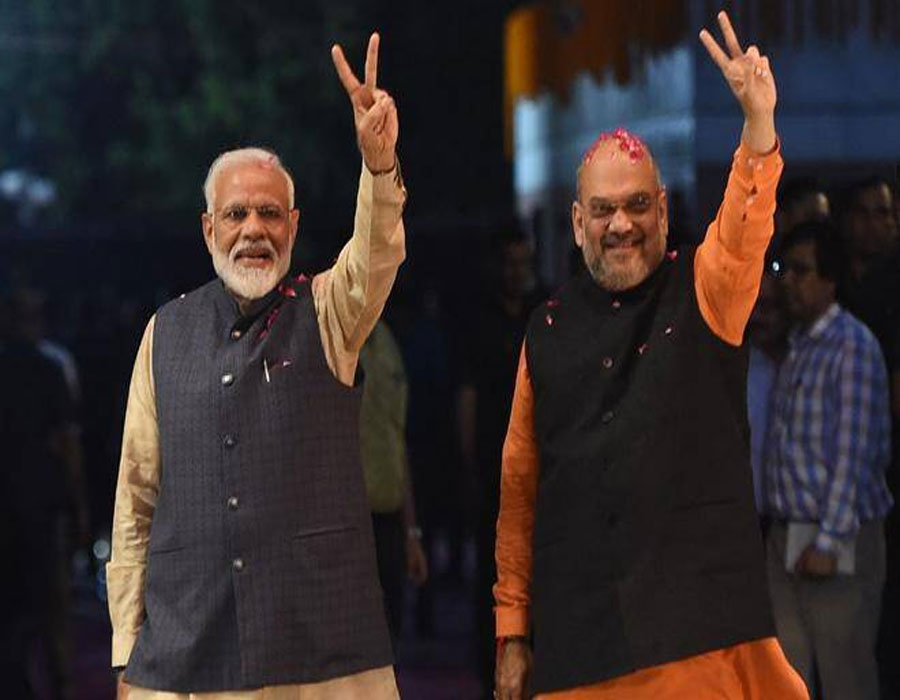
 OpinionExpress.In
OpinionExpress.In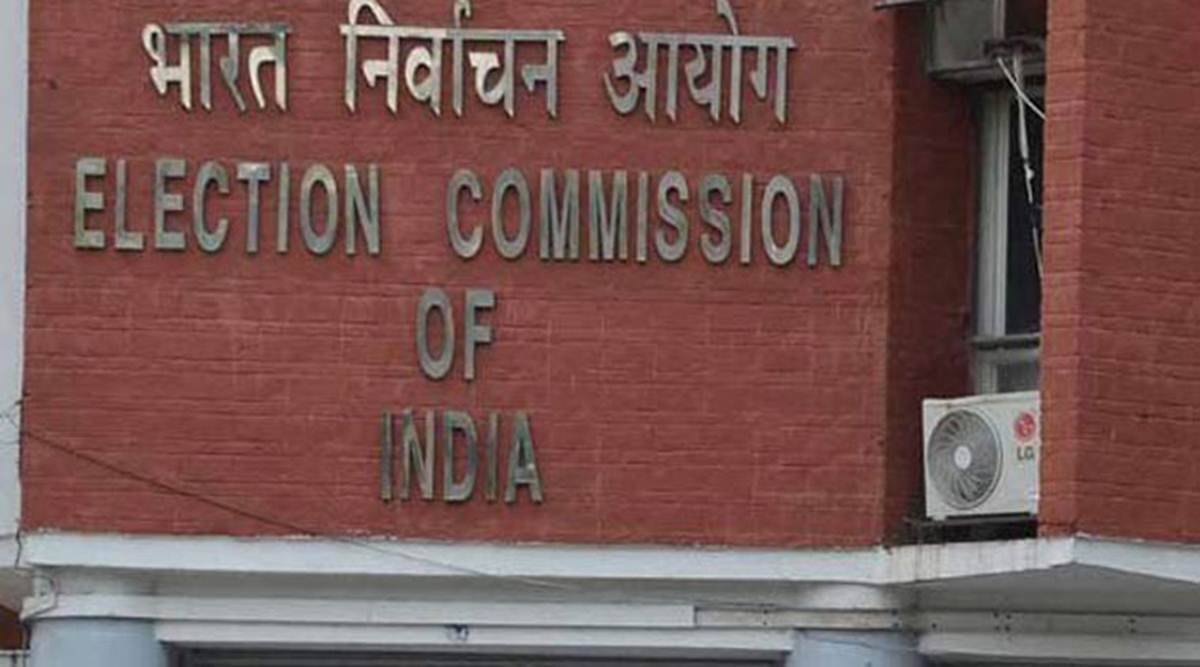
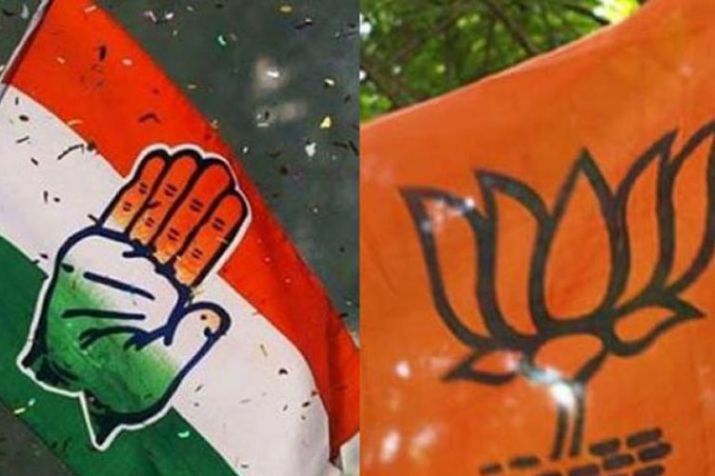

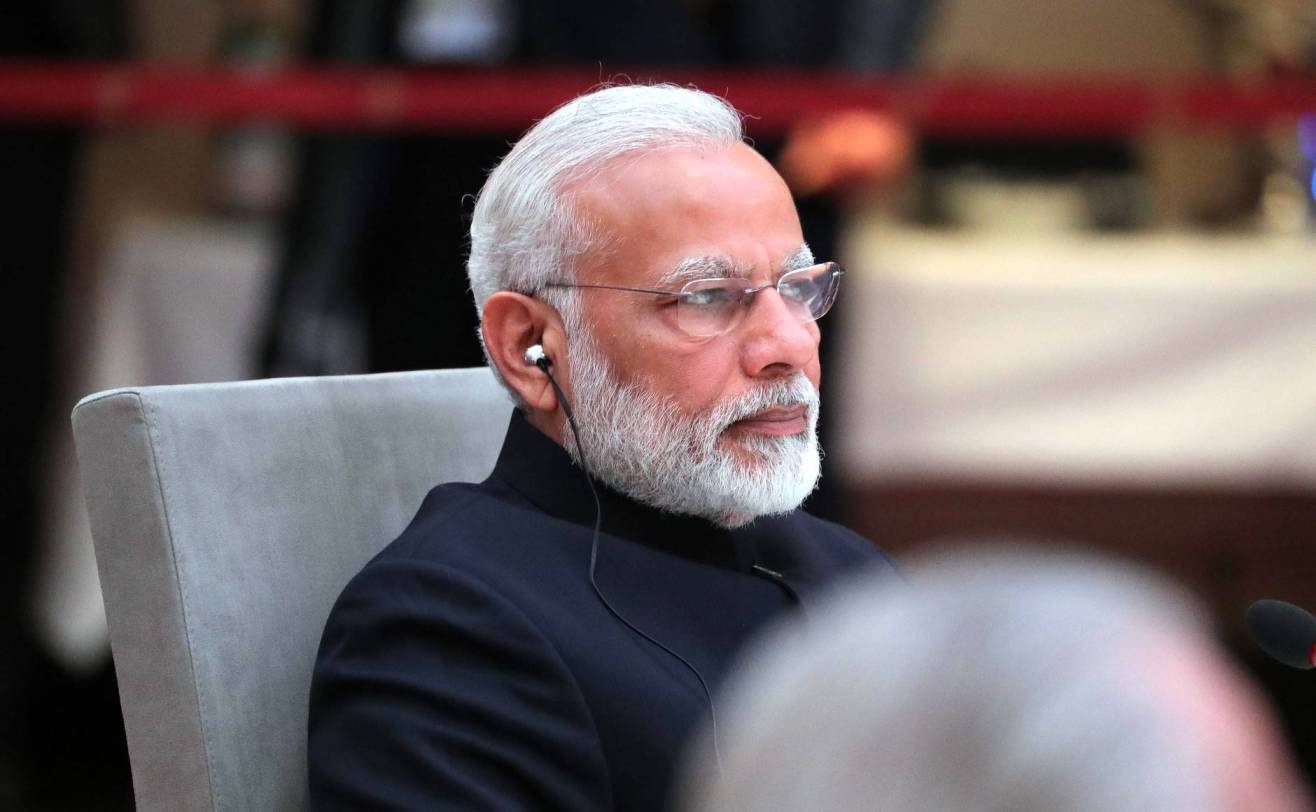





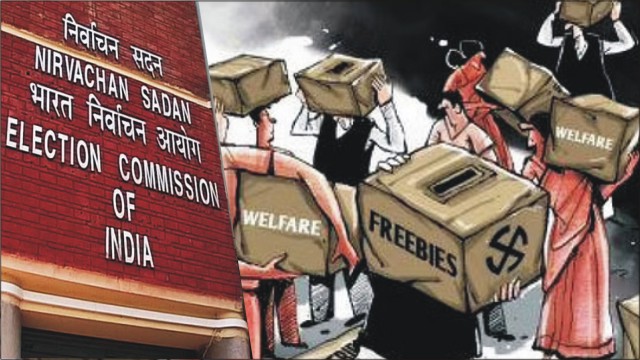






Comments (0)